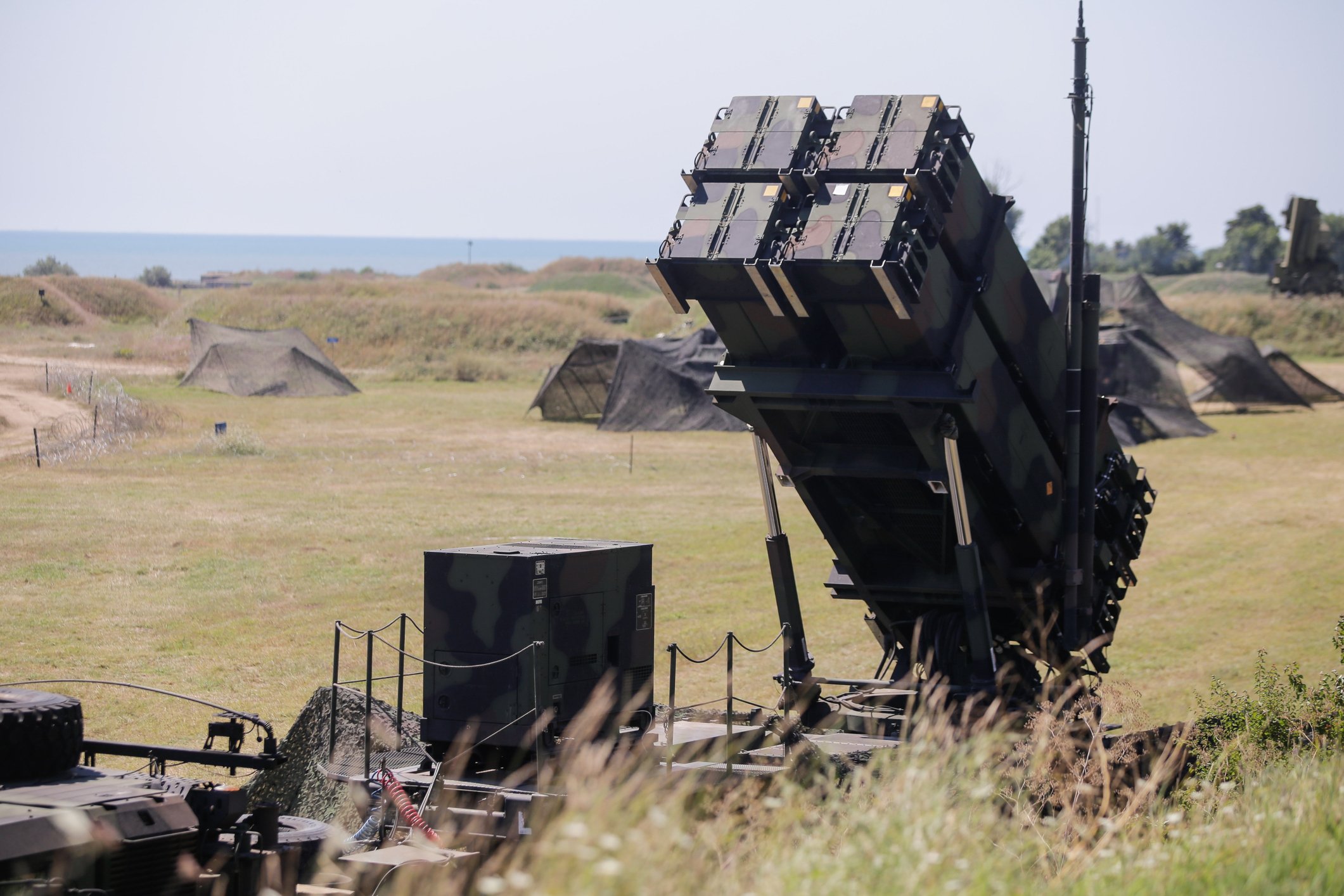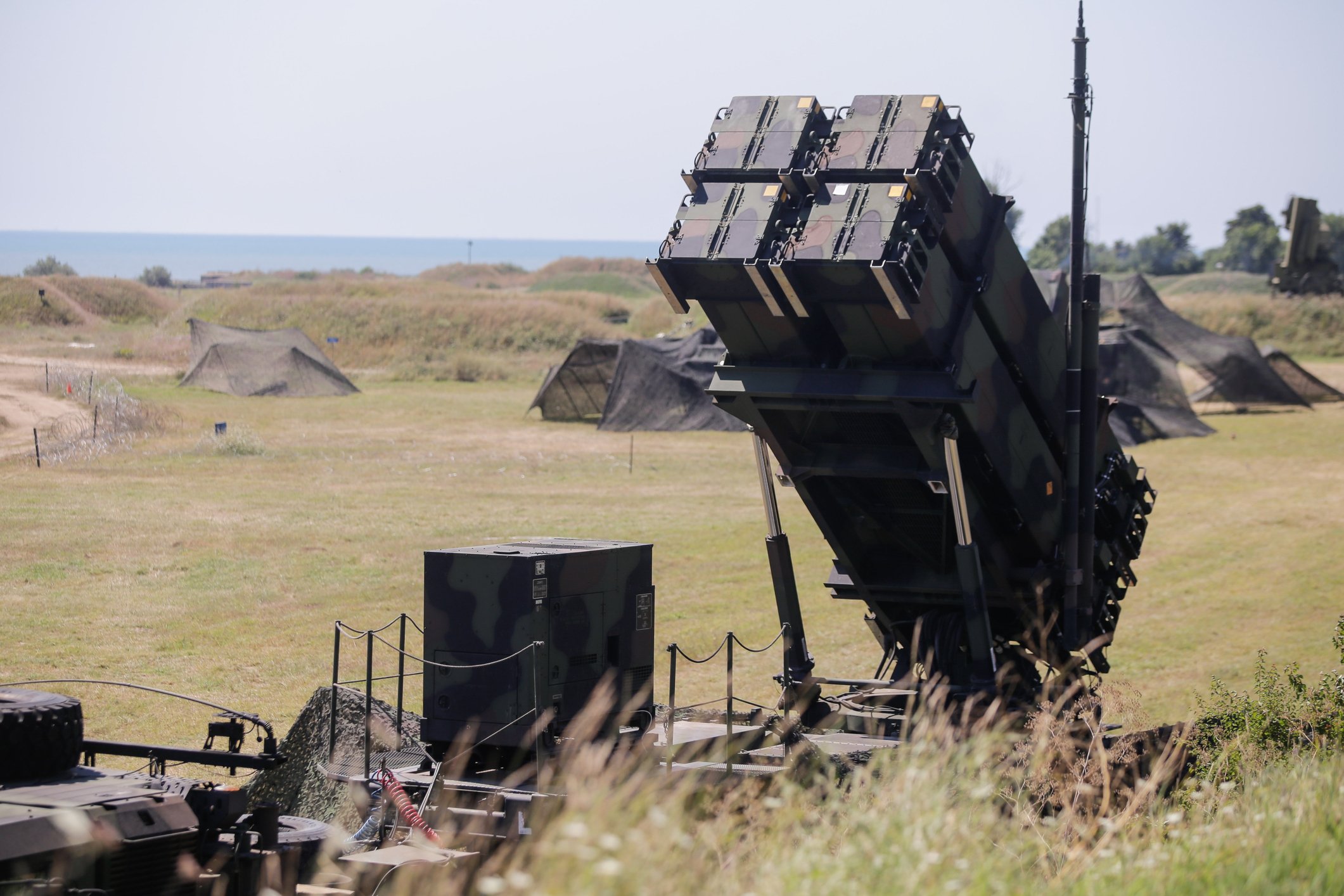
Iraq's first F-16 Fighting Falcon scheduled to arrive in country in September. ISIS's military campaign may complicate the sale. Photo: Lockheed Martin.
In a stunning display of military prowess, the Islamic State of Iraq and the Levant (ISIS or ISIL), a once fringe al-Qaeda outfit, captured large swaths of territory across Northern Iraq. The military campaign, launched mid-June, has solidified ISIS's control over portions of the Syrian and Iraqi border, ensuring a steady pipeline for arms, militants, and money to fuel their fight all the way to Baghdad. The swiftness and sophistication of ISIS's military operation caught a war-weary administration by surprise. While President Obama's national security team wrestles with a series of unappealing options, foreign military sales, or FMS, to the Iraqi government have accelerated.
The Iraqi government has already received millions of rounds of small arms and tank ammunitions, M-16 and M-4 rifles, grenades, machine guns, and 300 Hellfire missiles. The planned sale of 36 F-16s, manufactured by Lockheed Martin (LMT +7.31%), and related equipment for $3 billion is, also, on the fast track. However, foreign military sales to an unstable Iraq may be a double-edged sword for the defense contractors that stand to profit. The speed and intensity of the ISIS offensive may make the transfer of sophisticated military equipment to Iraqi security forces impossible.
Foreign military sales
Defense contractors have earned an estimated $14 billion in revenue through equipping and training Iraqi security forces since 2005. The transition of power to the Iraqi government in 2011, however, complicated the process of FMS for U.S. corporations. Equipment requested by the Iraqi government has ballooned the backlogs of defense contractors that must wait until production and delivery is complete to transform the backlog into revenue.
The FMS program is a government-to-government sales program for defense equipment and training that has played an important role in U.S. foreign policy. Through FMS, allied governments are provided U.S. equipment and support that would enable their interoperability with U.S. forces in the military theater. Eligible foreign governments are approved by the State Department and contracts are administered by the Department of Defense's Defense Security Cooperation Agency, which serves as an intermediary between U.S. defense contractors and foreign governments. The Office of Security Cooperation-Iraq oversees the Iraqi FMS program.
Congress was notified about the Iraqi government's request for 18 F-16 aircraft and related equipment in December 2011. The $2.3 billion request was expanded in 2012 to include 18 more of Lockheed's F-16s. Boeing, Raytheon, General Electric, and L-3 Communications were also given a slice of the pie for the production of supporting equipment. Iraq's F-16s, however, aren't scheduled to begin arriving in Iraq until September, when two will be delivered monthly until the order is complete.
There is no guarantee, however, that the Iraqi government will survive until September. ISIS militants are swiftly closing in on Baghdad. Key strategic cities under ISIS control include Tal Afar, Mosul, Fallujah, Ramadi, and Tikrit, where the Office of Security Cooperation-Iraq had an office less than two years ago. As an increasing amount of Iraqi territory falls to ISIS, so too does the military equipment that was provided to the Iraqi security forces to protect it. Humvees, body armor, small arms and night-vision goggles provided to Iraqi forces through FMS have already been captured by ISIS, which has raised serious concerns about the transfer of more sophisticated equipment, which could also fall into enemy hands.
All dressed up and no place to go
Lockheed Martin's FMS contracts have bolstered its F-16 production line, which is expected to buzz with activity through 2020. The largest of those orders comes from the Iraqi government. However, by the time Lockheed Martin's F-16s are ready for transfer to Iraq there may not be any safe territory or government left to transfer them to. ISIS has conquered strategic territory that has increased its already surprising military capabilities. Fragmented Iraqi security forces led by the unpopular government of Prime Minister Nouri al-Maliki may not be able to contain their advance and uphold the nascent Iraqi democratic system. Lockheed Martin's backlog may turn into a loss rather than a profit in 2014. It may soon be impossible to deliver the F-16s to an Iraq that is on the brink of collapse.








